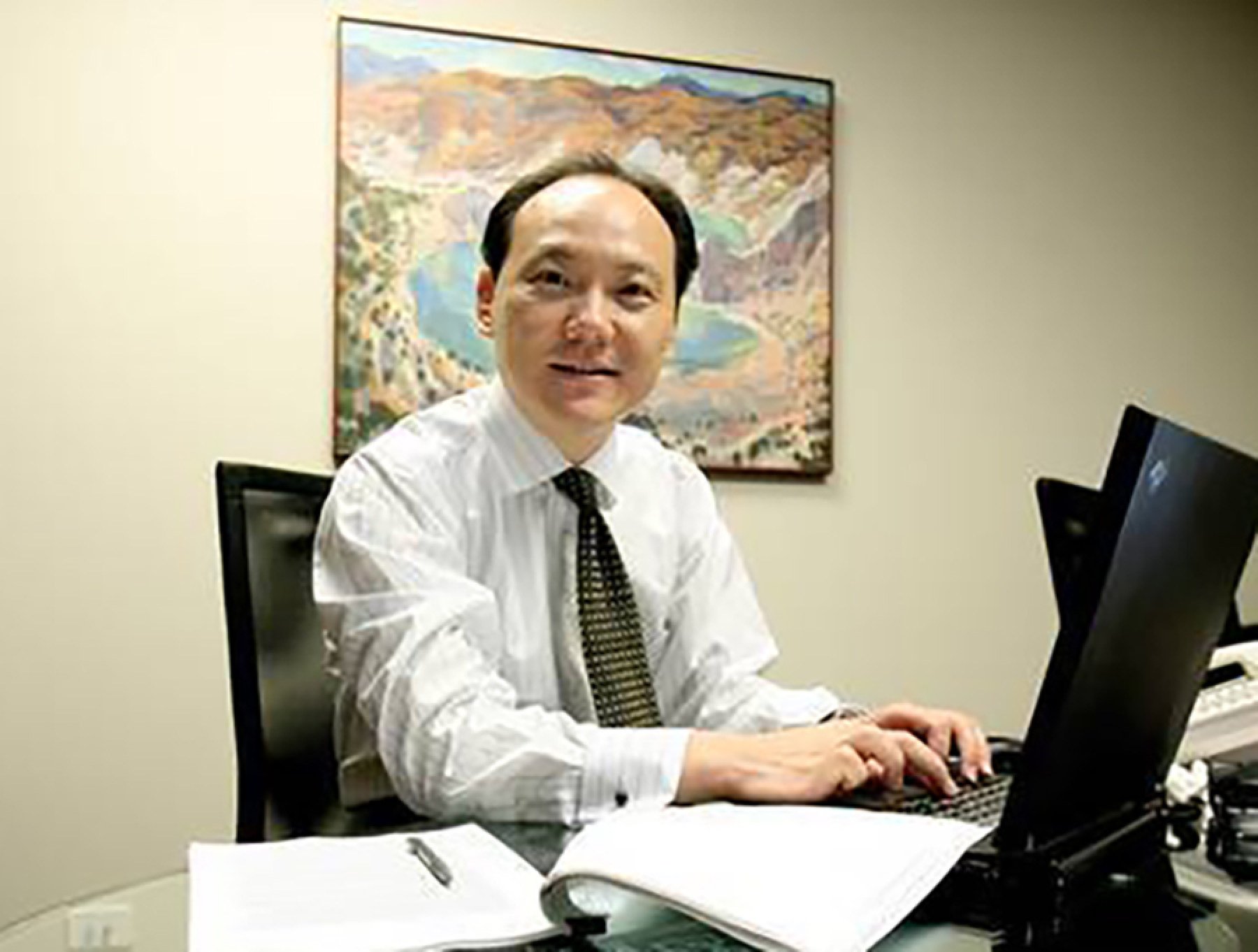Associate judge Grant Brittain adjudicated Yan bankrupt on Thursday, following months of failed efforts to chase down the former director of the Auckland-based firm.
“Since the advertisements and despite numerous attempts to get Yan to the negotiating table we have been ignored,” McKay said. “[Neither] Mr Yan nor his advisers bothered to show up at today’s hearing.”
Zane Kennedy, a lawyer for BDO, told the court that the last communication with Yan on March 6 was via email, but since then “he [has] gone quiet”, according to the statement.
“The [bankruptcy] documents have undoubtedly been drawn to the attention of the judgment debtor Yan,” he added.

The verdict ended more than a decade of litigation following the collapse of Mainzeal. The firm was one of the biggest construction companies in New Zealand until 2013 when it ended up owing creditors NZ$110 million.
On August 23, 2023, the supreme court in New Zealand held that the directors of Mainzeal, which included former chairman and CEO Yan, Peter Gomm, Clive Tilby and former New Zealand prime minister Jenny Shipley, had violated the country’s corporate laws, which prohibit insolvent firms from trading.
Yan was ordered to pay NZ$39.8 million in damages, plus interest at the rate of NZ$5,452 per day.
Shipley had to pay a penalty of NZ$6 million as a Mainzeal director.
Analysts said the case has implications for Chinese businesses operating in New Zealand, where some mainland entrepreneurs are still actively investing in the country’s agriculture and tourism businesses.
Privately owned mainland property developers, including Shundi Customs, part of Shanghai-based Shundi Group, and Beijing-based Fu Wah, have also been selling flats to buyers in New Zealand.
Shundi has residential projects in Auckland and Queenstown and is constructing New Zealand’s tallest residential tower, Seascape, due for completion this year. Fu Wah was founded by Chan Laiwa, one of China’s richest women.

